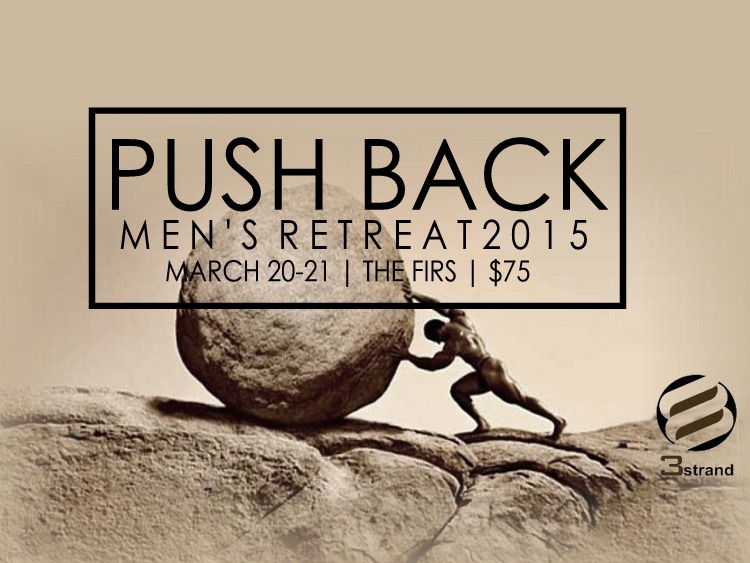After 46 years of life, I am continuing to learn more about myself. In some ways I am not who I thought I was, or at least I have never fully understood why I am the who I am. I remain curious as learn, but also a bit confused as to why God waited so long to reveal these things. More than likely it’s because I was not yet ready to receive whatever I needed to learn. But that is a blog for another day.
I am not who I thought I was, or at least I have never fully understood why I am the who I am. I remain curious as learn, but also a bit confused as to why God waited so long to reveal these things. More than likely it’s because I was not yet ready to receive whatever I needed to learn. But that is a blog for another day.
Becoming a Story-teller
Ironically, in God’s divine providence, my bride began a journey into her own story at the same time I began mine. This has been both painful and hopeful all at the same time. While my journey began by meeting with a counselor for the first time ever, hers began as part of a counseling training intensive. Her experienced provided her tools, terms, and techniques that I am still learning. She was already a naturally gifted listener, but, but now she is becoming a skilled counselor well-equipped to engage someone’s story.
Over the past months, our family has functioned as her personal guinea pigs while she hones these skills. Please know that I report this with the utmost appreciation and love. Let’s be honest, there is a lot of material to work with there! As I have watched, and experienced, her engaging in new and different ways, I have had to learn a new way of relating, speaking, and listening. Some things she says and does I still don’t fully understand, though I am beginning to see the fruit of her labor. With all of her training, reading, and practicing, let’s just say that my learning curve is much sharper than hers and I am playing a lot of “catch-up.”
Holding Someone’s Story
Slowly, I am learning what it means to have a story, tell your story, and read another’s story. Knowing you have a story is much different than telling your story. Just understanding your own story takes work; I’m not sure it is ever really done as a our stories are still being written. It takes a lot of courage to recount chapters that we have lived so far. Few actually do the painful work (and it is work) to understand their own story; even fewer do the healing work of sharing that story. And just when someone musters the courage to speak one of their chapters out loud, I find many not are not prepared to hear it.
One of these new concepts I am learning (that my wife is better at practicing) is the idea of “holding” someone’s story with what she often refers to as “warmth” and “kindness.” Yes, this sounds fluffy and fruity, but I am learning how important this is for relationships. I don’t know any formal definition of this concept, though I am sure many exist. As I understand it, “holding someone’s story” is the intentional act of listening to someone’s story of brokenness (often called a narrative of harm) with curiosity. This curiosity should result in more reflecting than declaring in order to connect with the heart and the experience of the story teller. Holding someone’s story means making an effort to fully connect with them and show empathy for them.
Hijacking Someone’s Story
As I have begun to share my story, in very limited ways, I have found that very few people are able to “hold” my story. I say that as a fact of life, not as a criticism of person. Truth be told, I am only learning to hold someone else’s. I imagine that most of this (our) difficulty “holding” someone else’s story lies in the fact that we like to be the center of the universe. This is the sin in us. The process of holding someone’s story is supposed to be very “teller-centered” requiring the listener to be very “other-oriented.” Being curious as you listen means you ask questions versus make declarations; connecting means reflecting what was said versus redirecting toward what you want to say; showing empathy means seeking to enter and sit in their experience versus trying to find the nearest exit in order to fix them (or just get away!).
There are a few who I have found who, instead of holding my story, have begun to hijack it. That means that instead of entering into whatever chapter I might be sharing, they steal the chapter (or several) in order to bring it into their own story. Essentially, the place themselves at the center of the story and make it about them. Instead of listening and showing empathy, they hear and provide an evaluation. Sometimes they offer advice in attempt to “fix it”, or worse, they tell you reasons why you should not to feel the way you should. I am guilty of both of these at different times. If someone is truly sharing their story (I say this because sometimes people are sermonizing more than story-telling) then advice and correction are rarely helpful–usually this makes the story teller defensive. The narrative of our experience aren’t things that can be “fixed” and the feelings that these stories generated can’t really be “wrong”.
When someone “hijacks” your story, it could be said that they attempt to add, subtract, or attempt to rewrite the story you’ve told in order to make it read they way they think it should. Essentially, they are re-telling the story with them as the main character. They ask what sound like questions, but they are really just veiled opinions about what the story teller should think, feel, or do. Unable to connect or empathize, they doubt or criticize (if only passive aggressively). There is probably an “official” definition for this kind of thing…but it just feels like hijacking–as if something precious was stolen from you.
More often than not, I believe people probably hijack the story’s of others because they have not done their own story work. Perhaps they don’t want to, or don’t think they need to. Either way, Dan Allender kindly reminds us that you can only take someone else as far as you have gone yourself. In other words, until we learn to hold our own story, we will not be able to hold anyone else’s.





